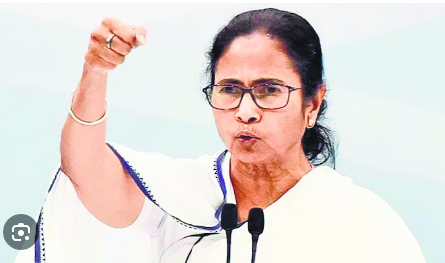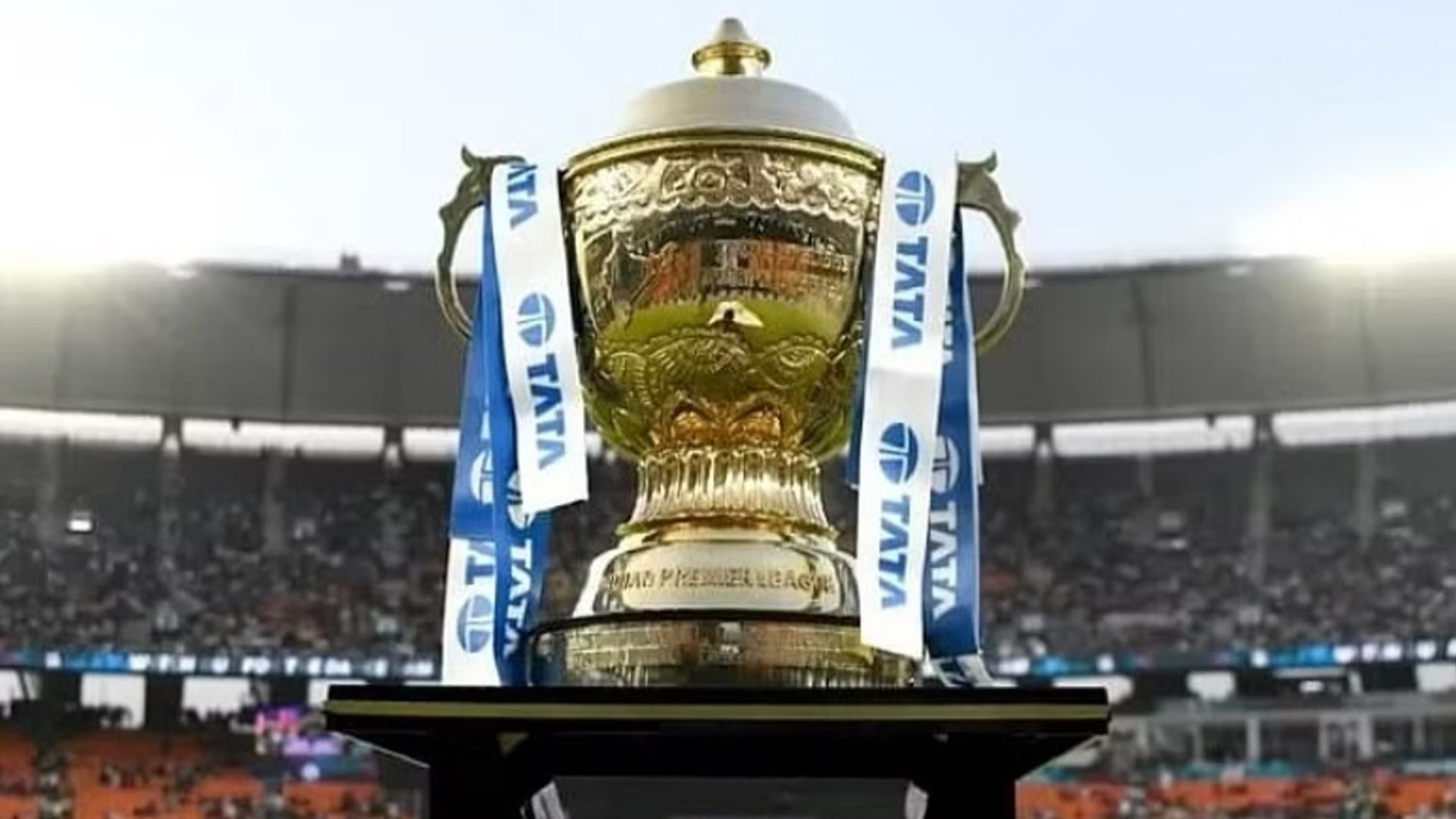
After giving detailed dissent notes against the proposed changes in Bharatiya Nyaya Sanhita Bill (BNS), Bharatiya Nagarik Suraksha Sanhita Bill (BNSS) and Bharatiya Sakshya Bill in the standing committee proceedings, the Trinamool Congress is firming up plans to put up an organised resistance along with other I.N.D.I.A. bloc MPs when Parliament takes them up for discussion in its Winter session. The bills are set to replace the Indian Penal Code, Code of Criminal Procedure and the Indian Evidence Act, respectively.
TMC sources said party supremo Mamata Banerjee had already told her party MPs to forge a united front along with other Opposition parties for an all-out attack on the Bills before the Lok Sabha elections next year. Sources said that Mamata Banerjee could also speak to leaders of Opposition parties in South India because they had protested against the attempts to introduce Sanskritised laws that would be applicable to the whole of India.
Mamata Banerjee has already voiced her misgivings about the proposed changes on X, where she wrote: “Urge the jurists and public activists of the country to study these drafts seriously for democratic contributions in the realm of the criminal justice system…Laws need to be improved in light of experiences, but colonial authoritarianism should not be allowed to have backdoor entry at Delhi.”
Mamata Banerjee alleged that a serious attempt was being made by the Union Home Ministry to “quietly introduce harsh and draconian anti-citizen provisions” in its efforts to substitute the Indian Penal Code, Code of Criminal Procedure (CrPC) and the Indian Evidence Act.
Trinamool MPs Derek O’Brien and Kakoli Ghosh Dastidar, who were members of the Standing Committee of the Ministry of Home Affairs which examined the draft laws, submitted dissent notes to the committee chairman Brij Lal of the BJP.
Derek O’Brien submitted a 90-page note which said that “cowboy legislations” had failed in the past and the proposed changes will force the nation to “relearn” criminal laws, delay justice delivery and create “widespread confusion”.
O’Brien, along with Congress leader P. Chidambaram, a former Union Home Minister, had been vocal on this during the committee hearings. O’Brien’s note said “93% of the existing criminal laws remain unaltered in the proposed statutes. Eighteen of 22 chapters are copy-pasted in the new bills, which proves that pre-existing legislation could have been easily modified to incorporate these changes.”
Party sources said that the TMC’s opposition was specific to certain proposed changes as detailed in O’Brien’s note which said: “In clause 150, the word sedition may have been deleted, but it finds a backfoot entry. It now has such a broad definition that it encompasses anything in the name of endangering the unity and integrity of India. Such a broad definition could also undermine the right to expression and free dissent. This will have a chilling effect on free speech.”
“Penal Code (BNS) Clause 5, giving the executive powers to commute sentences passed by the judiciary, will create a power imbalance and undermine the judiciary’s independence. Judiciary and impassionate scrutiny can be shadowed by electoral and popularity concerns,” the note argued.















